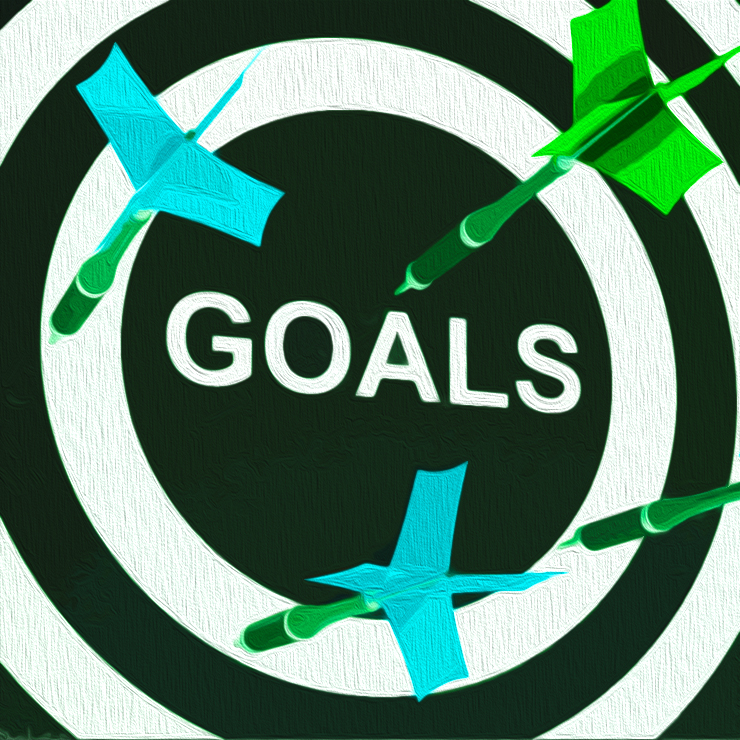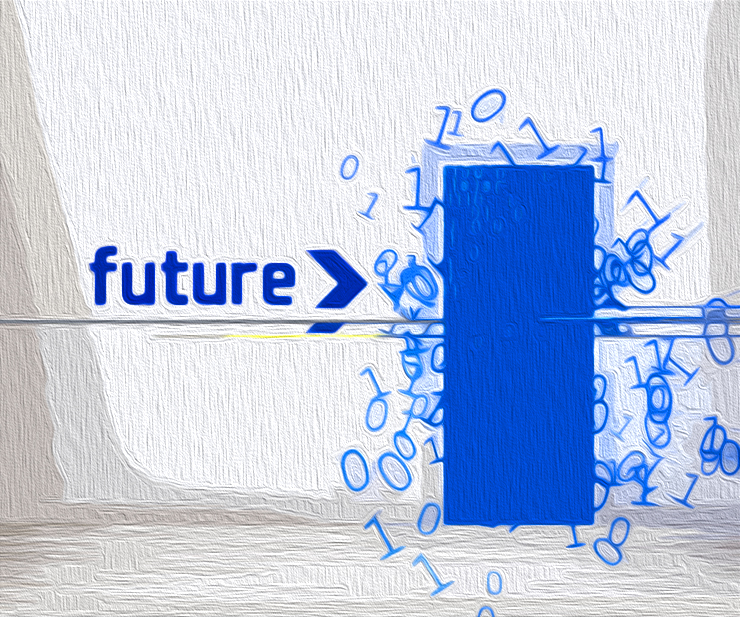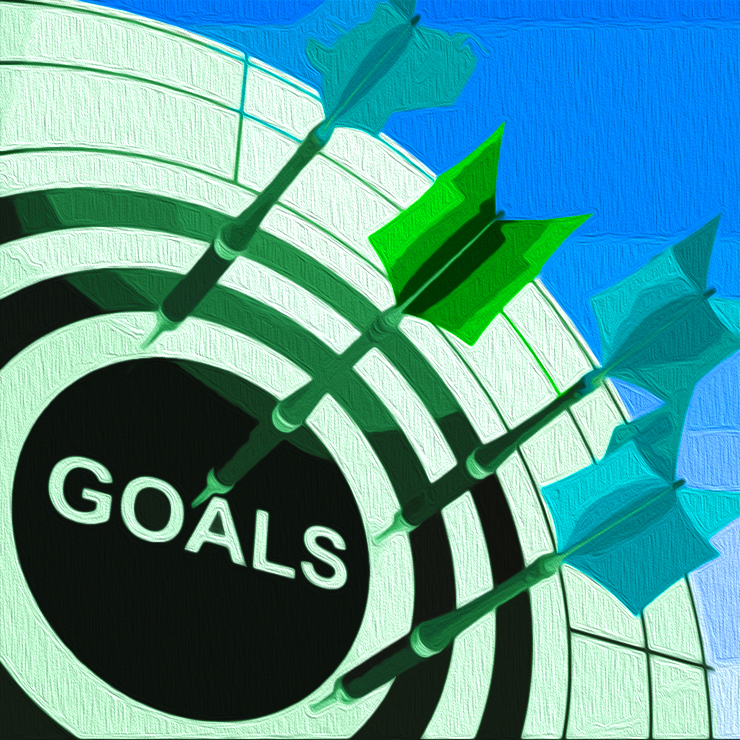
Hello there! Have you come across Prometheus Fuels (and maybe even dabbled in the stock market like we did)? This American energy giant valued at $1.5 billion is making waves with its innovative approach to producing carbon-neutral fuels. By transforming CO2 into gasoline, jet fuel, and diesel with zero net carbon emissions, they are shaking up the industry.
The Influence of Cutting-Edge Website Design
Let's dive into Prometheus Fuels' exceptional website. Snagging the title of the best website in 2021, it immediately captivates visitors with an interactive narrative on converting air into fuel. This demonstrates how ClimateTech companies can leverage storytelling to engage and resonate with their audience.
The Power of Compelling Brand Stories
Imagine walking into a store where the products tell you fascinating stories, drawing you in with each detail. That's precisely what an exceptional website does—it narrates a compelling brand story that leaves a lasting impression on visitors.
Pioneers in ClimateTech Content Marketing
When you think of marketing, ClimateTech might not be the first thing that springs to mind. Yet, companies like Prometheus Fuels are trailblazing the path for ClimateTech content marketing. Let's explore some other standout ClimateTech brands that are elevating their content marketing strategies.
Insider Tips and Tricks
Here are some standout tactics from leading ClimateTech companies:
- Watershed inspires reductions in CO2 emissions through engaging customer stories and informative news articles.
- Pachama seamlessly integrates clear CTAs for newsletter signups and donations to enhance audience interaction.
- Aclima solidifies its position as a thought leader by sharing industry insights and updates.
- Bowery simplifies content navigation by organizing information into clear categories.
Unveiling Top ClimateTech Innovators
Watershed
Watershed, a platform for emissions reporting, employs ClimateTech to measure, mitigate, and report emissions. Their regular blog updates offer weekly insights to engage their audience.

Pachama
Using satellites and computer vision, Pachama funds reforestation projects. Through strategic CTAs, they facilitate audience support for their initiatives.
Bowery
By merging vertical farming with machine learning, Bowery transforms eco-friendly plant growth. Their blog's tailored content categories effectively educate and engage their audience.
Aclima
Aclima focuses on air quality measurement and analysis to reduce CO2 emissions and enhance air quality. By sharing industry news, they establish credibility and build trust with their audience.
Elevating Your ClimateTech Content Strategy
These frontrunners in ClimateTech are setting new benchmarks for sustainable content marketing. Embrace the potential of content to inform and captivate your audience, driving positive change for your brand and the environment. Eager to propel your business to new heights? Explore our blog services or book a consultation today.
Frequently Asked Questions
What are the best social media strategies?
Social Media Marketing can be a great way for your business to get noticed online. It's a great way to build brand awareness and generate leads. Here are five methods to leverage social media marketing to increase your business.
- Make a Facebook fan page – This will allow you to interact directly on Facebook with your customers. You can also upload content such as photos, videos, and other files.
- Twitter Promote Your Business – Twitter offers a great way to share information and connect people. Use hashtags to increase visibility.
- Upload Videos to YouTube – It is very popular to upload videos because people enjoy them. If people like what they see, they may click on your website.
- Host Live Events. Organizing live events allows potential clients to meet face-toface. They can ask questions about your products and services.
- React to Customer Reviews – Positive reviews build trust and encourage repeat purchases. Negative comments should be addressed quickly.
What does marketing have to do with business strategy?
Every business strategy must include marketing. Without marketing, no one would know what your company offers. Marketing would be meaningless without sales. Marketing is essential for any business strategy.
However, marketing is not something everyone appreciates. Marketing is often seen as a matter of spending money on advertising campaigns. Marketing encompasses much more than this. Marketing includes everything you do in order to communicate the company's identity, position and value in the marketplace.
When you think about your business, ask these questions: What image am I trying convey? What image will I project to my customers? How can I best present myself to the world
If you don't have the answers, marketing isn't something you've considered.
What is eCommerce marketing?
Ecommerce marketing refers to online shopping. It's the act of selling products via the internet. This includes buying goods from companies to sell them over the internet. If you are an individual selling, this could include selling on eBay. It is possible to also start a business and sell goods for profit. You want to make money online selling your products.
Here are some additional details on eCommerce marketing:
The first step in creating a successful eCommerce site is to identify the type of products that you are looking to sell. Next, choose whether you want to sell a single item (e.g. a book) or multiple items (e.g. books and DVDs).
Once you know what your product is, you need to find suppliers. A supplier can be a company that makes or sells the product you're looking for. You would, for instance, need to find a supplier that makes and sells greeting card products if you were to begin selling them.
Once you've identified a supplier to work with, you'll need a website created to show the products to buyers and make it easy for them to order. Some suppliers will provide templates, while others will require that you design the template. Once your website is up and running, it's important to market it in order to get visitors. This could include publishing articles on blogs or forums, advertising on Google Adwords websites and sending emails relevant to contacts.
There are many ways to promote your eCommerce store. These include email marketing, search engines and social networks.
- Email marketing is a smart choice for most companies. It's cost-effective and easy to implement. And it delivers results. But, it takes a lot of time and effort to generate quality leads.
- Search engine optimization is a technique for improving the rank of a website for specific keywords. Link building is the most common way to make pages rank higher on search engines.
- Promoting businesses is becoming more important through social networking sites such LinkedIn and Facebook. These sites are used every day by many people to keep in touch with their loved ones and friends. Posting interesting content on these sites will help you get exposure to thousands more people.
- For eCommerce marketers, mobile apps can also be a great tool. Shoppers love to use their tablets and smartphones to shop. An app allows customers to be reached wherever they may be.
eCommerce has grown to be a huge business. There are many ways you can promote your business. Make sure you choose wisely to reap the rewards of eCommerce marketing.
How can you use search engine marketing to your advantage?
Search Engine Marketing, also known as SEM (Search Engine Marketing), is a vital component of digital advertising. SEM can include paid-per-click ads, sponsored links and display ads, as well as paid inclusion, search engine optimization, social media marketing (SEO), video marketing, mobile advertising, and more.
What are some examples of indirect marketing?
There are many indirect marketing strategies that you can use to promote and grow your business. One way is to encourage people on social media to share pictures of yourself using your product. This could help spread word about your brand.
Advertisements in local newspapers could be used to encourage readers to visit your auto repair shop rather than other shops.
Sending coupons to customers' E-mail Inboxes and posting ads on bulletin board in public places are two other examples.
Because it costs little, indirect marketing works great.
Building trust takes time, so patience is a must when promoting your company.
It is also important to track how effective your campaigns have been. You can also measure the number of leads each method generates.
This will help you to determine which method is best for your company.
What are some direct marketing examples?
Direct Marketing Examples include postcards, brochures, flyers, e-mails, etc.
Direct marketing helps you reach people at home or on the go. It's the best way to communicate with customers who have already chosen your product or service over another brand.
You need to understand what message appeals the most to your target market.
Find out what your customer needs, then provide it.
Direct marketing is a great way to promote your brand. Direct marketing can be used to promote your business in many ways. You can send out catalogs to potential customers and advertise in local papers.
Another option is to create a unique mailing list of your existing customers. You can easily add subscribers to your existing customers list if there is a good database.
Finally, you can ask your current customers if they'd like to receive promotional materials. Special offers may be offered by some companies to get discounts.
Statistics
- 81% of brands employ affiliate marketing, and eCommerce sites are particularly good candidates. (blog.hubspot.com)
- Many experts recommend you share 20% of your promotional content and 80% of other valuable content you find. (marketinginsidergroup.com)
- Meanwhile, a PartnerPath poll found that co-marketed ads help 68% of consumers arrive at a buying decision before even speaking to a salesperson. (influencermarketinghub.com)
- A poll earlier this year found that 14% of older Gen Z's had bought an item in the previous six months based on an influencer's recommendation. (influencermarketinghub.com)
- In 2017, 34% of marketers cited co-branding as the most effective way to increase the number of email subscribers. (influencermarketinghub.com)
External Links
neilpatel.com
blog.hubspot.com
youtube.com
statista.com
How To
Six Types of Ecommerce Advertising
How can I market my eCommerce store
Ecommerce marketing is one of the most challenging marketing tasks. This requires you to get to know your customers, their buying habits, and how they interact and use your products and services. You can then create a strategy that will help you achieve your goals.
There are six types of eCommerce marketing strategies:
- Product Strategy – This is the first step in determining the type of product that you want to sell online. There are three main categories: physical goods (things), digital goods (services), and membership sites. Once you have chosen the category that you wish to work with, it is time to decide whether you want to offer wholesale or retail pricing. Wholesale pricing means you set the price you sell your products, while retail pricing means you charge customers directly for your products.
- Pricing Strategy – Next, figure out how much revenue you would like to make by selling your products. Profit margins, competition, shipping and taxes are all factors to consider. When determining your pricing strategy, you should remember two ways to increase profits: lower your cost per sale and/or increase your sales volume.
- Promotion Strategy – This is the fun part! You need to develop a promotion strategy that works best for your business. There are many options, such as free shipping, special discount, deals, coupons, or other incentives. If you don’t have any ideas for promotional products, brainstorm some.
- Shipping Strategy – Once you have figured out how to market your products, it is time to consider how you will get them to customers. Are you shipping via USPS, FedEx or UPS? Do you prefer to use a fulfillment centre or are you able to do everything yourself?
- Merchandise Management System – Your merchandise management system includes software that helps you manage inventory, track orders, fulfill orders, and communicate with suppliers. There are many options available, depending on what your budget is and your preferences.
- Customer Service Strategy – You need to design a customer support strategy that will work for you business. Is your business going to offer email or phone support? Customers can reach you via phone, social media, or postal mail.
————————————————————————————————————————————–
By: 6644
Title: Revolutionizing ClimateTech Content Marketing: Empowering Brands for a Sustainable Future
Sourced From: internetlib.org/revolutionizing-climatetech-content-marketing-transforming-brands-sustainably/
Published Date: 5/17/2025 5:54:41 PM











